What is Cholesterol - Types, Symptoms, Cause, Treatments, Prevention
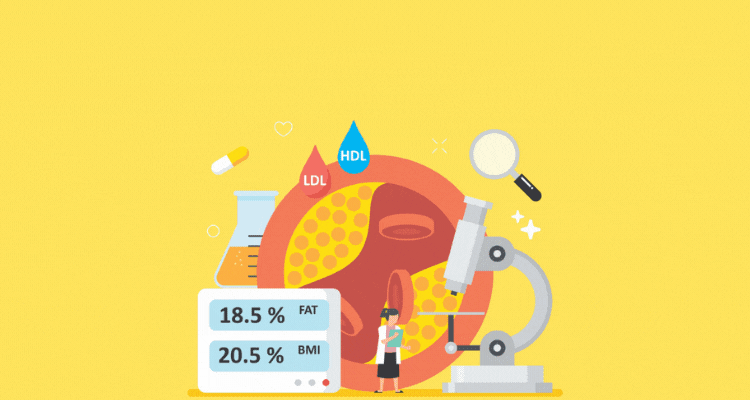
What Is Cholesterol?
Cholesterol is probably one of the most common terms that you have heard endless times. Even when you hardly knew, you might have witnessed someone suffering from it. Despite hearing for so many times, you might not have yet understood what it really is.
Cholesterol is the waxy textured fat or lipid that keeps flowing across our bodies through blood. Lipids are substance that does not dissolve in water thus restricting it to travel through the blood. In order to transport this cholesterol, lipoproteins are produced from the liver.
Our body makes cholesterol as it is required for creating Vitamin D, cell membranes, and some hormones. But other than this, cholesterol is found in huge amounts in animal food. There is a cholesterol test available to diagnose the cholesterol level in your body.
A blood test is generally recommended by the doctors, i.e., known as Lipid Profile or Lipid Panel, to check the levels. The report of cholesterol test generally gives a detail of the cholesterol level present in your body. The report shows:
- Total Amount of cholesterol
- Total LDL cholesterol
- Total HDL cholesterol
- Total Triglycerides, which is also a fat type present in the blood
Types of cholesterol
Lipoproteins are the ones to carry cholesterol in the blood as these substances are unable to move on their own. These include:
- LDL or Low-Density Lipoprotein - This is also known as "bad cholesterol".
- HDL or high-Density Lipoprotein - This is also known as "good cholesterol".
- VLDL or Very Low-Density Lipoprotein - These particles carry triglycerides
LDL Cholesterol or “Bad Cholesterol”
LDL, which is also known as bad cholesterol, can be very harmful to you. The presence of LDL can result in developed walls on the arteries, thereby making the passage even narrower. It forms a plague when lines the arteries and can cause blockages. The buildup is also known as atherosclerosis.
Arteries carry the oxygen-rich blood to other organs present in our body from the heart. With the development of plaque and narrowing of the artery, it results in blood clotting. When blood is not able to flow easily in the brain or heart, the consequences are generally either stroke or heart attack.
HDL Cholesterol, Or “Good Cholesterol”
High-density Lipoprotein or HDL is known as good cholesterol. These can become helpful to bring the LDL cholesterol back to the liver so that it can be thrown out of the body. This can be helpful as it prevents plaque buildup and further blood clotting.
When the diagnosis shows that you have the perfect HDL level, it means you have reduced chances of blood clotting, strokes, and heart attacks.
Cholesterol levels chart
Target Cholesterol Levels
High cholesterol symptoms
High cholesterol can be hardly predicted by people as it mostly remains silent. It will typically show any symptoms of cholesterol. Most people are unable to understand that they have high cholesterol until it has been harsh on them. Typically, when a person undergoes a stroke or heart attack, they can understand their condition, which is already too late.
You have to be very regular about the health checkups. If you are above 20, you can have a cholesterol screening to check the level of cholesterol in your body. You must not be reluctant if you are constantly consuming animal protein or have a family history of heart attacks or strokes.
Causes of high cholesterol
If you want to know what causes high cholesterol, then there are many. There can be several reasons that can lead to an increased level of cholesterol. However, some of the prime reasons are:
- When you consume food that has more levels of Trans fat, saturated fats, and cholesterol, it can increase the risk of getting high cholesterol.
- If your lifestyle includes too much smoking and inactivity, it can increase the risk of getting high cholesterol
- When your family history shows high cholesterol, it can increase the risk as genes pass from parents to their children
- In some cases, familial hypercholesterolemia can be observed, which is very rare. This is the genetic disorder that restricts your body from getting rid of LDL.
- There are other health conditions as well that contributes to increasing than cholesterol normal level like hypothyroidism and diabetes
Risk factors for high cholesterol
There are several factors that increase the risk of getting high cholesterol. These include:
Heath Conditions: Certain health conditions increase the chances of developing cholesterol levels. This includes:
- Type 2 Diabetes
- Obesity or overweight
- Other health issues like hypercholesterolemia
Behaviour: Many times, high cholesterol is a situation that is caused due to your own activities. These include:
- Consuming more trans fat and saturated fat
- Too much smoking
- Not exercising properly
Family History: There are times when genes carry your parent’s health issues to you. Since genes pass from parents, if your family has been suffering from high cholesterol, you are likely to get the same condition.
Age and Gender: There is no specific age or gender to this health issue. Everyone who has any of the mentioned factors is at higher risk of getting high cholesterol.
How to Diagnose High Cholesterol?
In order to check the cholesterol level, you have to take a blood test. This is also popular as a lipid profile which will give you the complete details about the different types of cholesterol present in your body.
The healthcare professional will take a blood sample for further analysis. To prepare for the test, you have to skip drinking or eating from a day prior for at least 12 hours.
Treatments
There is a range of ways that doctors will follow to reduce cholesterol levels. Lifestyle changes are one of the very first ways and including some medication.
Lifestyle changes: Doctors start the treatment for high cholesterol with the least invasive process. The first step is by making some changes in the lifestyle.
- No Tobacco: The first thing that you must do is to give up on smoking. Reduced smoking facilitates cholesterol reduction
- Changing eating habits: You must restrict yourself from consuming saturated and trans fat. You have to indulge in healthy fruits, fish, dairy products, and veggies.
- Exercising: You need to indulge in physical activities for at least 150 minutes a week. You can also start exercising for 30 minutes a day.
- Maintain your weight: Losing weight is also one of the first recommendations. You can find results even when you lose 10% of your body weight.
- Maintain blood pressure and sugar: You must keep a check on the sugar and pressure level with the help of healthcare professionals.
In some cases, doctors might prescribe some medication with are mostly Statins. These are the medication that works by restricting cholesterol production.
How to Prevent High Cholesterol?
If you want to know how to control cholesterol and prevent it from increasing, all you need is to maintain a healthy lifestyle. You need to stop smoking, eat healthy foods and restrict eating fats. Maintaining your weight is a must which you can do by exercising regularly. This together can prevent the risk of getting high cholesterol levels.
Bottom Line: Remember to treat if you have such complications in your family. When left untreated, it can result in taking a bad turn. So consult your doctor and take the cholesterol screening to stay aware of your cholesterol level.
Disclaimer: The information on this website should not be used as a substitute for professional medical care or advice. Contact a health expert if you have questions about your health.





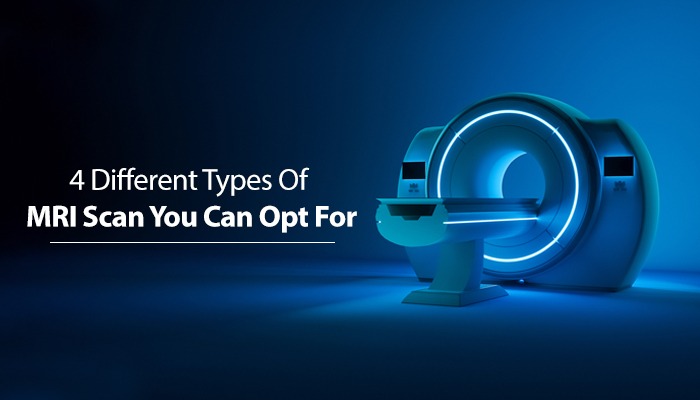

.png)
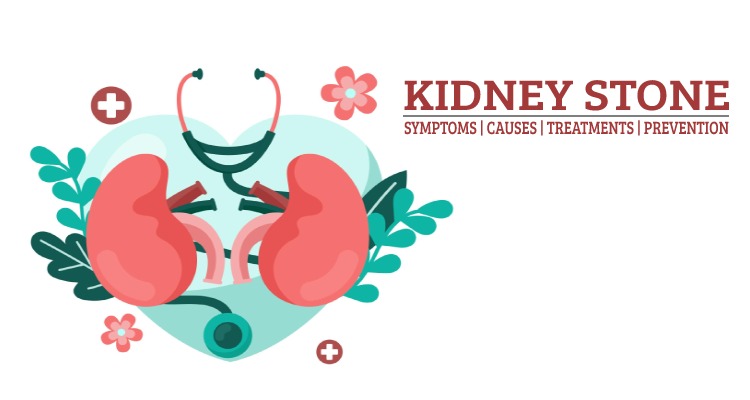
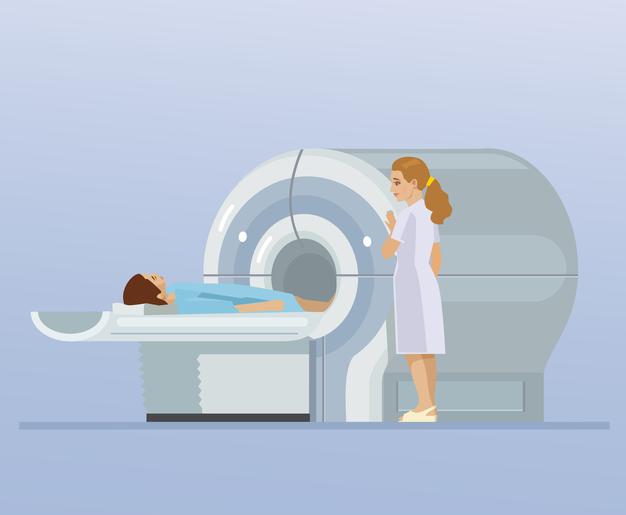
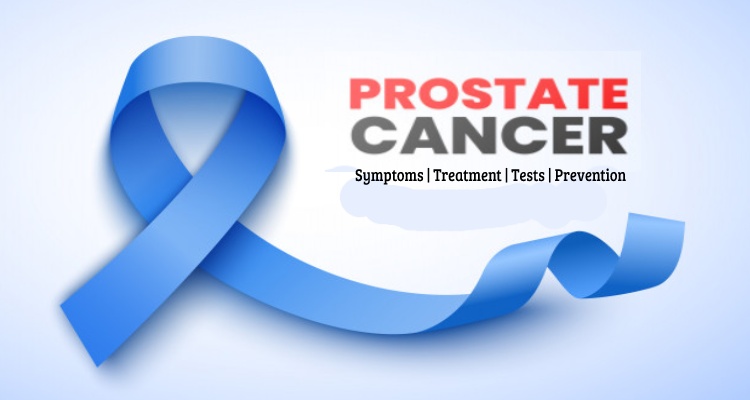
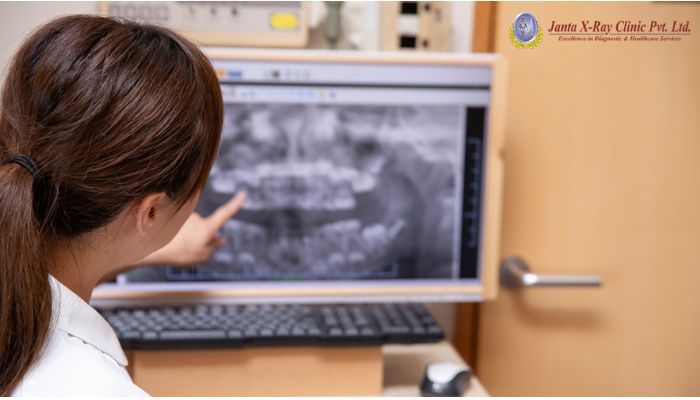
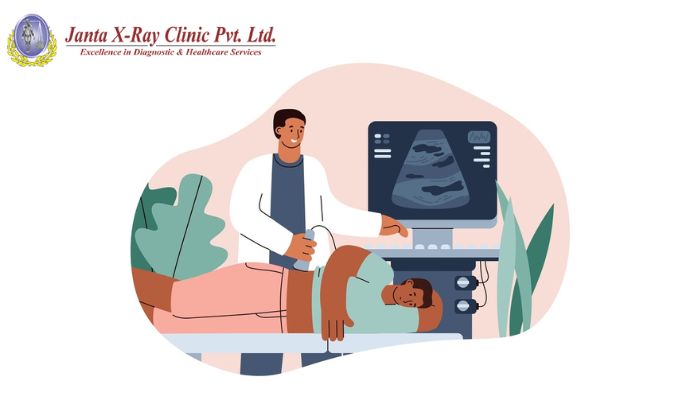
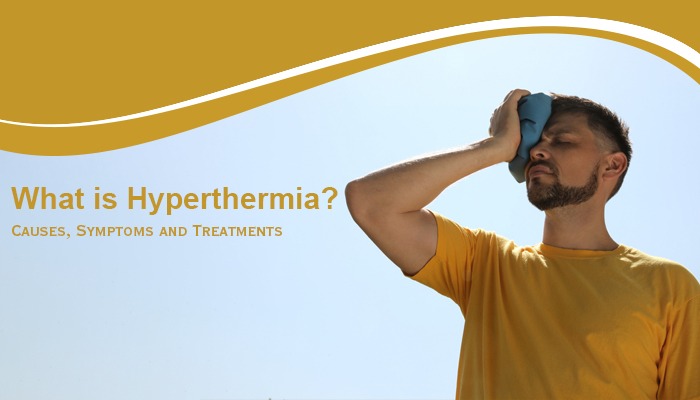
.jpg)
Comments List